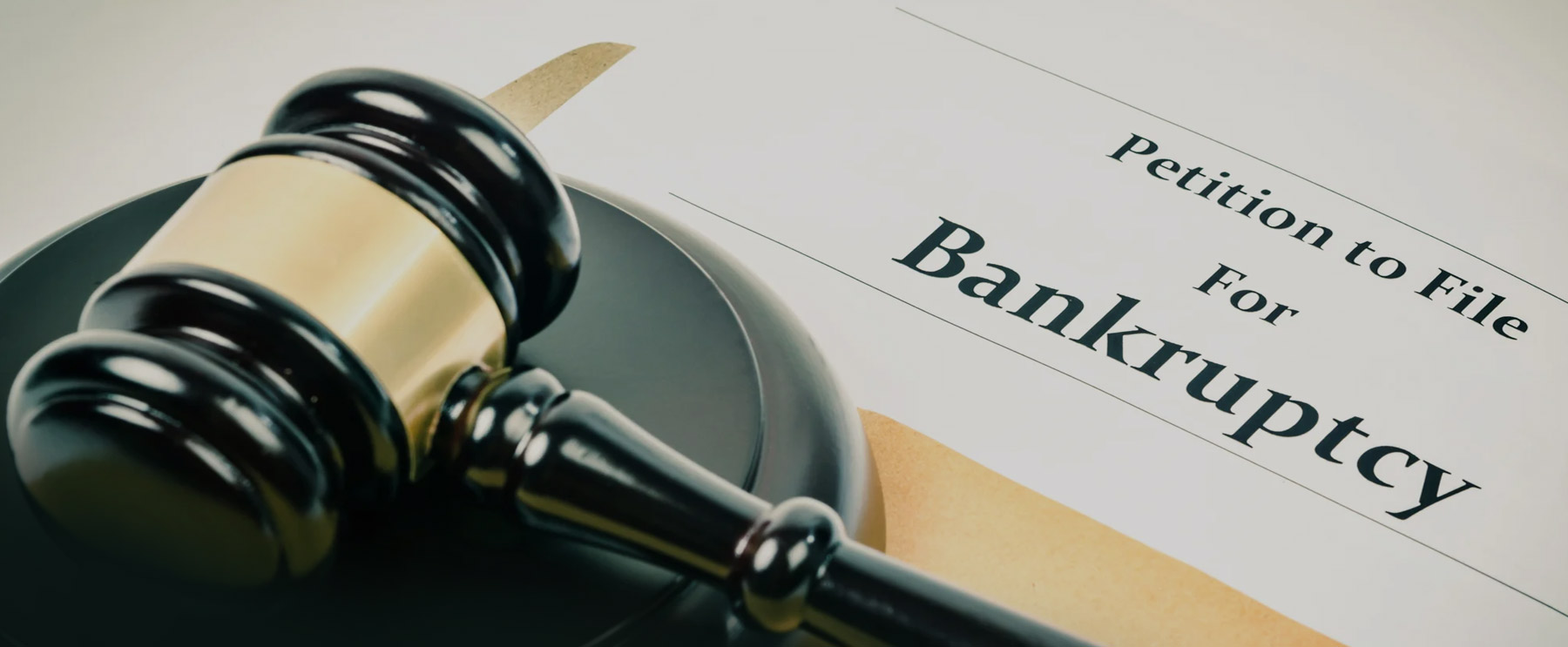Bankruptcy is a Federal (United States/country-wide) system of laws, rules, and procedures designed to help legal residents of the U.S. deal with their debts, which, for whatever reason, individuals or businesses cannot pay as they are due. The most common types of Bankruptcy are for people (called Consumer Bankruptcies).
Two major types of Consumer Bankruptcy are: Chapter 7 (liquidation or debt-elimination), Chapter 13 (wage-earner reorganization for individuals or people running unincorporated businesses).
Chapter 11 is a type of Corporate Bankruptcy (reorganization for businesses and certain individuals with extremely large amounts of debt). The Chapter number refers to the section of the Bankruptcy law, called the Bankruptcy Code (which is in Title 11 of the U.S. Code).
Bankruptcy cases almost exclusively fall under federal law, though states may pass laws governing issues that federal law doesn’t address. Special bankruptcy courts nationwide handle only debtor-creditor cases. Generally, any bankruptcy-related claim must be filed with the U.S. Bankruptcy Court.
Regardless of which type of bankruptcy you file, all creditors generally are prohibited from contacting you directly or continuing with lawsuits unless the court gives them permission.
Bankruptcy proceedings can have long-term benefits and consequences for an individual’s financial and family situations. This is another reason why finding an experienced lawyer is essential. A lawyer who has helped many clients through bankruptcy can better prepare you and protect your assets and minimize the negative effects.






